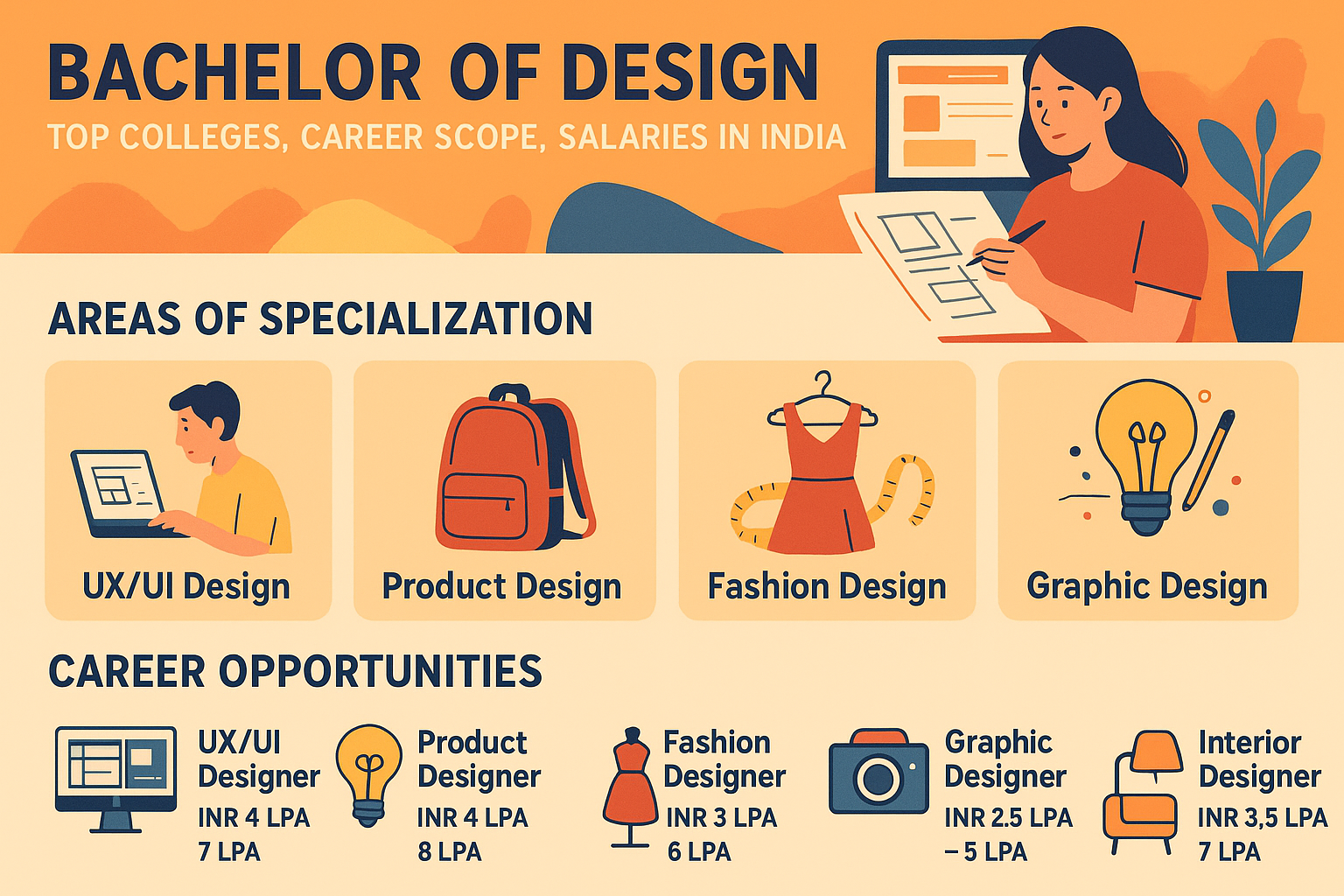Every year, thousands of students dream of wearing the white coat. They spend years studying, volunteering, and preparing for the moment they submit their medical school applications. Yet, despite strong GPAs or impressive test scores, many end up with rejection letters. Why does this happen? And more importantly, how can those mistakes be avoided? Let’s look at the most common reasons applicants fall short — and how experienced admissions consultants step in to change the outcome. A high GPA and strong MCAT score are valuable, but they don’t guarantee admission. Medical schools are not only training scientists; they are shaping future doctors who will interact with patients, lead healthcare teams, and make critical decisions under pressure. Where applicants go wrong: Some assume numbers are enough and overlook the rest of their profile. How consultants help: Consultants highlight the qualities that test scores can’t capture — compassion, resilience, leadership and show applicants how to communicate these through essays, activities, and interviews. The personal statement is one of the most influential pieces of the application. Yet many students fall into the trap of writing generic stories that sound like everyone else’s. Saying you “want to help people” or “love science” doesn’t separate you from the crowd. Where applicants go wrong: Their essays lack originality and depth. They might be well-written but fail to leave a lasting impression. How consultants help: A consultant works closely with students to uncover personal stories, maybe an unusual volunteer experience, a challenge they overcame, or a defining moment in their journey toward medicine. These stories, when told authentically, resonate with admissions committees far more than generic lines. Shadowing a doctor for a week or volunteering once at a hospital isn’t enough. Medical schools want to see long-term dedication and growth. Consistency shows that a student’s interest in medicine isn’t superficial. Where applicants go wrong: Their extracurriculars look like a checklist instead of a meaningful journey. How consultants help: By guiding students toward opportunities that demonstrate depth. That might mean committing to a community health program over several years or continuing research with a mentor. Consultants help applicants build a narrative of dedication instead of a resume of random experiences. Getting an interview is a big win, but it’s also where many stumble. Admissions officers want to see confidence, communication skills, and sincerity. Some applicants freeze under pressure or give rehearsed answers that sound robotic. Where applicants go wrong: They underestimate how tough interviews can be and fail to prepare adequately. How consultants help: Consultants run mock interviews, point out nervous habits, and teach applicants how to tell their story clearly and naturally. That kind of preparation helps transform a stressful situation into an opportunity to shine. Letters of Recommendation That Lack Impact Letters of recommendation carry weight, but only if they’re detailed and personal. A generic letter, even from a well-known professor, can hurt an applicant more than help. Where applicants go wrong: They ask people who don’t know them well enough to write a strong letter. How consultants help: Admission consultants advise students on whom to approach, how to build those relationships in advance, and how to ensure recommenders have enough context to write convincingly about the student’s strengths. Medical schools use rolling admissions, which means applying late can reduce your chances — even if you’re highly qualified. On top of that, applying to schools without considering their mission or requirements is another common pitfall. Where applicants go wrong: They apply too late or to programs where they aren’t a realistic fit. How consultants help: Consultants create a timeline that keeps students ahead of deadlines and guide them toward schools that match their strengths, goals, and values. Some applicants fail simply because they don’t evaluate themselves honestly. They underestimate the competition or fail to recognize areas of weakness that need improvement. Where applicants go wrong: They apply without a clear strategy, hoping effort alone will be enough. How consultants help: Consultants provide an objective view. They see the application from an admissions officer’s perspective and give direct feedback on what works, what doesn’t, and how to refine it. The biggest advantage consultants bring is experience. They know what admissions committees look for, what mistakes derail an application, and how to avoid them. More importantly, they help students present the best version of themselves without losing authenticity. For students who feel lost in the process, this kind of support can mean the difference between rejection and acceptance. Medical school admissions are not just about grades or scores. They’re about building a complete picture of who you are, why you belong in medicine, and how you stand out in a sea of qualified applicants. Every year, many strong candidates fall short for avoidable reasons — weak essays, poor timing, inconsistent activities. But with the right strategy, those same candidates can succeed. That’s why more students are turning to admissions consultants. They don’t just polish an application; they help applicants tell their story in a way that resonates. And when the competition is this tough, that edge can make all the difference.Grades Aren’t the Whole Story
Personal Statements That Miss the Mark
Scattered Extracurriculars
Interviews That Fall Flat
Timing and School Selection
A Lack of Honest Self-Assessment
Why Consultants Make the Difference
Final Word




Want to add a comment?